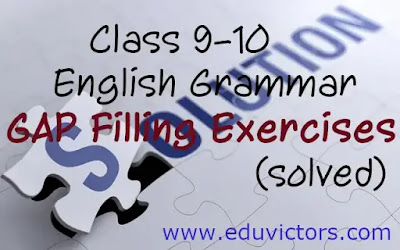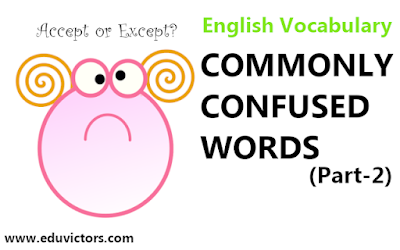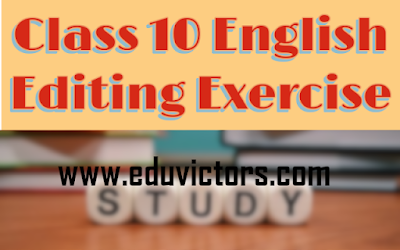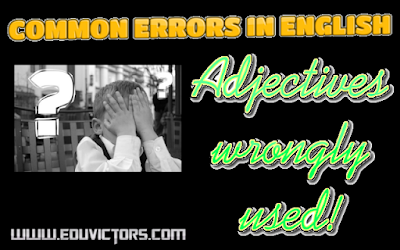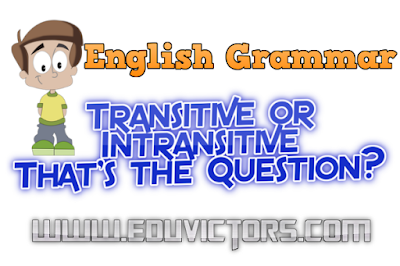Chapter 2: The Sound of Music - Chapter Theme and Summary
Author: Deborah Cowley
Part 1: Evelyn Glennie
Theme
The first part of ‘The Sound of Music’ is based on the theme that earnest efforts and able guidance pave one’s way to success. The aspirations, endeavours and achievements of the eminent Scottish percussion musician Evelyn Glennie were made possible by her unfaltering determination, firm resolute and self-confidence. Those who learn to overcome their handicap certainly accomplish their goals. One should have faith in one’s abilities and then the sky is the limit.
Summary
Evelyn Glennie, a most desired musician internationally, is a multi-percussionist who can play thousands of instruments flawlessly. Amazingly, she accomplished this status regardless of her disability as she was significantly hard of hearing. But she figured out to listen with her body instead of the ears. She feels the music through her body.




